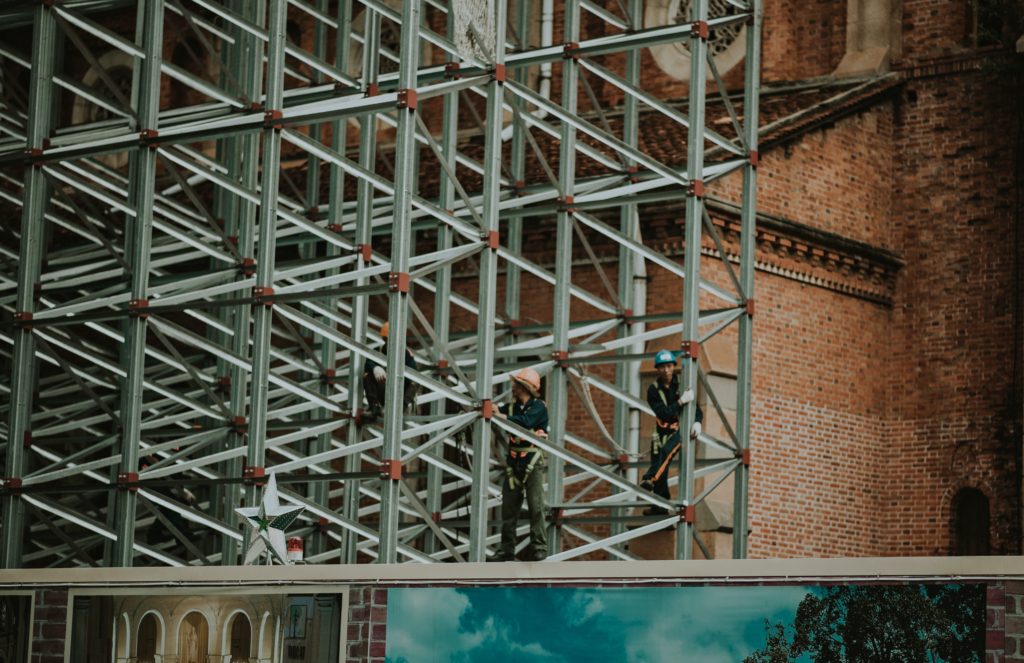Aug . 20, 2024 20:22 Back to list
Construction Formwork and Shuttering Solutions for Efficient Building Projects
Understanding Formwork and Shuttering Companies Essential Players in Construction
In the realm of construction, formwork and shuttering are pivotal components that often go unnoticed yet play a crucial role in the safety, quality, and efficiency of building projects. Formwork refers to the temporary or permanent molds used to shape concrete structures until the concrete can support itself. Conversely, shuttering specifically refers to the temporary structures that hold freshly poured concrete in place.
The Importance of Formwork and Shuttering
The use of formwork and shuttering is essential for several reasons. Firstly, they provide the necessary support for concrete while it sets and cures. This ensures that the concrete maintains its intended shape and structural integrity. Secondly, formwork systems can influence the surface finish of the concrete, affecting the aesthetics of the final product. Smooth, well-constructed formwork can lead to high-quality finishes that require minimal additional work. Lastly, efficient shuttering and formwork can streamline the construction process, reducing the time and labor involved in building projects.
Types of Formwork and Shuttering
Formwork and shuttering come in various types, each suited for different construction needs. Some common types include
1. Timber Formwork Traditionally, wooden boards were used for formwork due to their availability and ease of handling. However, timber can warp and is not as durable for repeated use.
2. Steel Formwork Known for its robustness and longevity, steel formwork can be reused multiple times, making it more cost-effective for large projects. Its strength allows for the construction of complex shapes.
3. Aluminum Formwork Lightweight and durable, aluminum formwork systems are becoming increasingly popular. They offer ease of handling and quick assembly, which can significantly reduce labor costs and construction time.
formwork and shuttering companies

4. Plastic Formwork This modern solution is gaining traction due to its lightweight nature and resistance to corrosion. Plastic formwork is typically used for smaller projects or where repeated use is anticipated.
5. Reusable Composite Formwork Combining various materials, this type can be customized for specific needs. It offers benefits in terms of both durability and performance.
Role of Formwork and Shuttering Companies
Formwork and shuttering companies specialize in the design, manufacturing, and supply of these essential systems. They play a vital role in ensuring that the right type of formwork is used for each project, taking into account factors such as the type of concrete, the complexity of the structure, and the site conditions.
These companies also provide services such as installation, maintenance, and dismantling of formwork systems, which can be critical for keeping projects on schedule. Their expertise allows construction firms to avoid common pitfalls associated with improper formwork, such as leakage, misalignment, and inadequate support.
Moreover, many formwork and shuttering companies are now focusing on sustainable practices, offering eco-friendly materials and solutions that align with the construction industry’s increasing commitment to sustainability.
Conclusion
In conclusion, formwork and shuttering companies hold an integral position within the construction industry. Their expertise not only contributes to the structural integrity and aesthetic appeal of buildings but also enhances overall project efficiency. As the construction sector continues to evolve, these companies will undoubtedly remain key players, adapting to new technologies and sustainable practices to meet the demands of modern construction. Understanding their importance can help stakeholders make informed decisions that lead to successful project outcomes.
-
High-Quality U Head Jack Scaffolding – Reliable Scaffolding Jack Head Manufacturer & Factory
NewsJul.08,2025
-
High-Quality I Beam H20 Leading Timber Beam H20 Material Factory, Exporters & Manufacturers
NewsJul.08,2025
-
High-Quality Powder Coating Steel Formwork - Durable & Corrosion Resistant Solutions
NewsJul.07,2025
-
Inclined Column Formwork Supplier – Durable & Precise Solutions for Unique Structures
NewsJul.07,2025
-
High-Quality Water Stop Solutions Trusted Water Stop Company & Suppliers
NewsJul.07,2025
-
High-Quality Formwork Material Supplier Reliable Manufacturer & Factory Solutions
NewsJul.06,2025